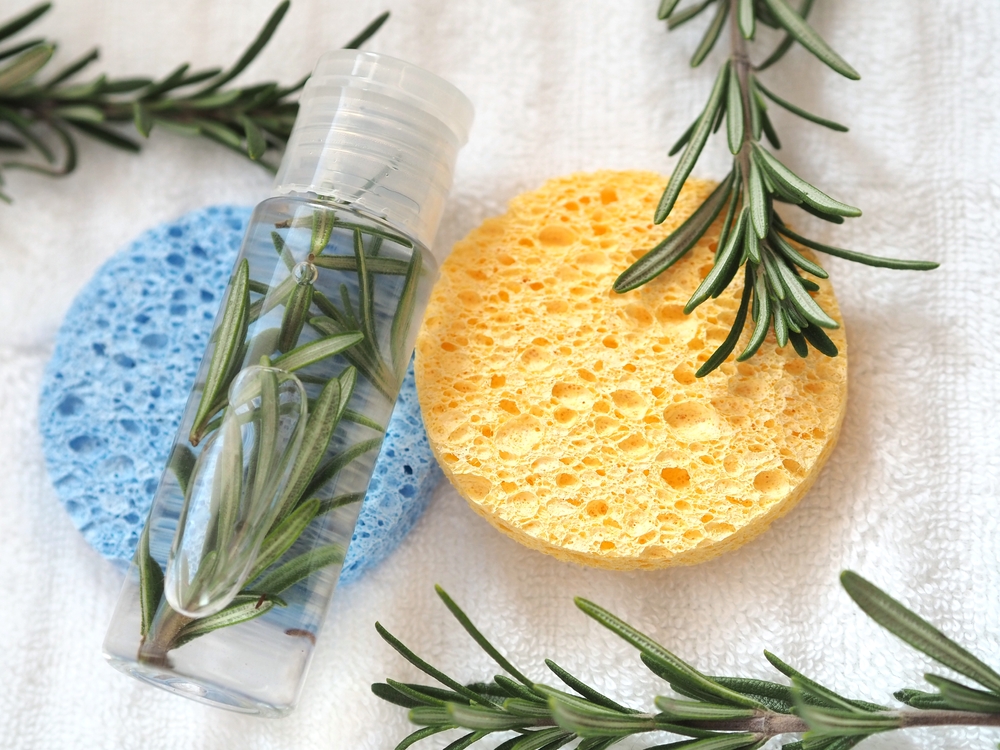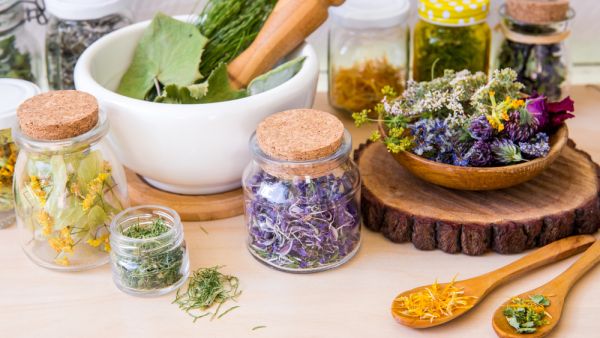ALBAWABA Pregnancy is a crucial period where the health and well-being of both mother and baby are of utmost importance. While herbs have been used for centuries for their medicinal properties, not all of them are safe during pregnancy. Knowing which herbs to embrace and which to avoid is vital for expectant mothers.

Safe Herbs During Pregnancy
Certain herbs can offer numerous benefits during pregnancy, including alleviating common discomforts such as nausea, boosting immunity, and preparing the body for labor. Here are some safe options:
- Ginger
- Benefits: Known for its ability to reduce nausea and morning sickness, ginger can be consumed as tea or added to meals.
- Usage Tip: Limit consumption to moderate amounts to avoid heartburn.
- Peppermint
- Benefits: Helps soothe digestive issues like bloating and indigestion.
- Usage Tip: Peppermint tea is an easy and effective way to enjoy its benefits.
- Chamomile
- Benefits: Can promote relaxation and help with insomnia.
- Usage Tip: Opt for German chamomile in moderate amounts and consult your healthcare provider.
- Raspberry Leaf
- Benefits: Known to tone the uterus and prepare the body for labor, this herb is often recommended in the third trimester.
- Usage Tip: Start with small amounts and increase gradually in the later stages of pregnancy.
- Dandelion
- Benefits: Rich in vitamins and minerals, it can help combat water retention and support liver health.
- Usage Tip: Use the leaves for tea or as an addition to salads.
Prohibited Herbs During Pregnancy
Some herbs can pose risks to the pregnancy by causing uterine contractions, hormonal imbalances, or other adverse effects. These should be avoided:
- Pennyroyal
- Risks: Known for its abortifacient properties, pennyroyal can trigger uterine contractions and lead to miscarriage.
- Dong Quai
- Risks: Often used for its hormone-regulating properties, it can cause uterine contractions and increase the risk of bleeding.
- Black Cohosh
- Risks: Can stimulate the uterus and potentially cause premature labor.
- Aloe Vera (Internal Use)
- Risks: Though safe for topical use, consuming aloe vera can lead to uterine cramping and bleeding.
- Sage
- Risks: Contains thujone, which can increase the risk of miscarriage and affect hormonal balance.
- Licorice Root
- Risks: Can raise blood pressure and lead to hormonal imbalances, posing risks to both mother and baby.
- Ephedra
- Risks: Known for its stimulating effects, it can lead to high blood pressure and increased heart rate, which are dangerous during pregnancy.
Herbs can be a wonderful natural aid during pregnancy, but it’s essential to know which ones are safe and which to avoid. By staying informed and consulting healthcare professionals, expectant mothers can ensure the best outcomes for themselves and their babies. Always prioritize safety and moderation when incorporating herbal remedies into your pregnancy care routine.










